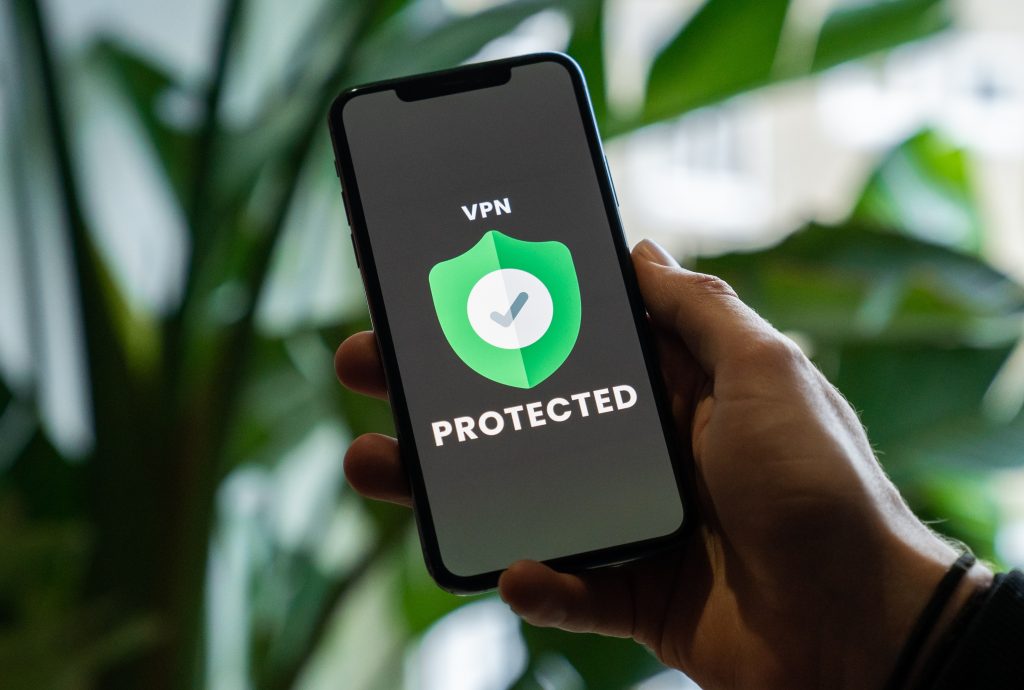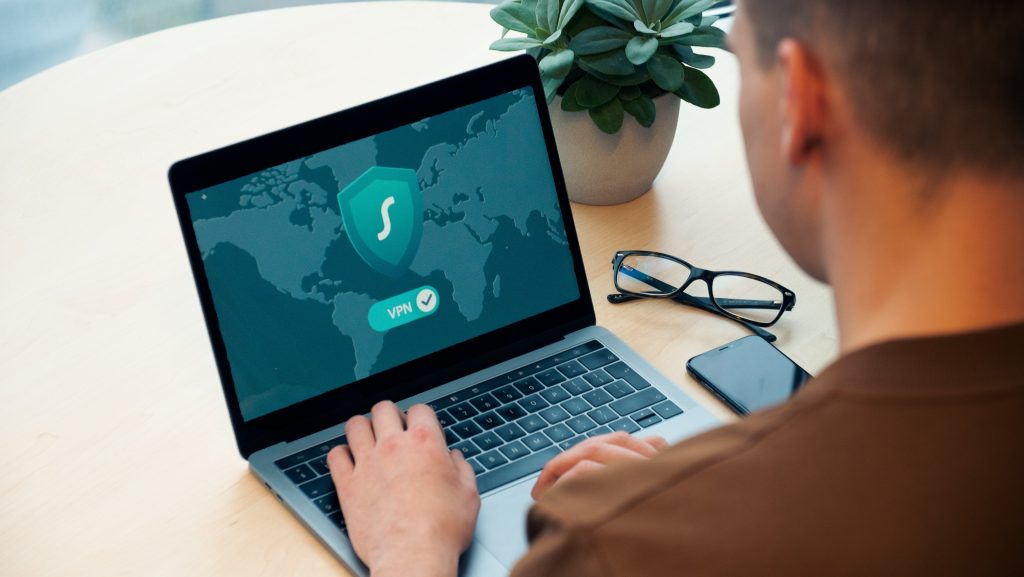
Whether you are working in a corporate office, on your commute or working from home, a VPN is one of the best ways to protect yourself while you’re browsing online. But exactly how effective are VPNs? Do I really need it? Which one to get? This guide is my attempt to answer some frequently asked VPN-related questions that have come my way.
What exactly is a VPN?
VPN stands for Virtual Private Network. It can provide you anonymity and privacy by creating a private connection between you and the destination you are trying to connect, in contrast to the Internet which is a public connection. VPNs work by hiding your IP address so your online activities are almost untraceable. Most important, VPN services establish secure and encrypted connections to provide greater privacy than even a secured Wi-Fi hotspot.
In addition to anonymity and privacy, VPNs also provide us means to access websites and services that are ‘region-locked’. For example, with the right VPN, users in Germany would be able to access Netflix from the US. While a lot of the bigger companies are introducing ways to track and deter this activity, this can still be achieved using VPNs.
We live in an age of information. Companies and services track our data, store it and use it in ways that help big tech get even bigger. Have you ever come across a situation when you have recently searched for dog toys on Google and the next thing you know, you are getting advertisements for dog toys on Instagram? Applications are constantly communicating with each other via cookies (and recently APIs).
VPNs provide us with tools to keep our browsing habits and our online activities away from prying eyes. Whether it be services like Google, Facebook or our own Internet Service Providers using our data for ads and marketing.
When should I use a VPN?
The best use case for using a VPN would be when you are outdoors and where you are more vulnerable of getting tracked. If you are connected to the WiFi at a local coffee shop, you should consider using a VPN whenever you are browsing the Internet. The basic rule of thumb is to not use any services which have your sensitive information; like banking when you are connected over an untrusted network channel (coffee shop or airports).
Which VPN should I use?
Using a VPN means your VPN provider will know everything about your browsing habits. This makes VPN providers a tempting target for hackers. So we need to be careful when we are looking for the right VPN providers. Most VPN providers say they keep no record of their users’ activities on their systems, but this cannot be easily verified. With the wrong VPN provider, you might just be replacing your local ISP with a VPN company who uses your data for ads and marketing.
A simple way to improve your chances of landing on a safe and well-meaning VPN is to pay for one. Free VPNs aren’t inherently bad, but all services have to make money somehow. Here are some of the ones that are good value for money:
1. Surfshark

If you just want to get around geo-blocked services (Netflix), Surfshark should do the work for you. This protects your traffic while using an open Wi-Fi hotspot. It is secure and a good value for money option. There are several coupon/affiliate links that you can find online which give a discounted rates for up to 75% for the first year (including first 3 months free).
2. TunnelBear
A great entry level VPN service that makes using a VPN for newcomers a breeze. The set-up process is ultra-smooth and user-friendly with not too many customization options. But again, if you are new to VPNs, it’s possible you may get overwhelmed with too many settings. With less customization, it still comes with all the regular security features of other VPN providers, like a no-logging policy and a clear privacy policy, and it’s been independently audited.
While the above two are not the only kind of VPNs out there, Surfshark provides the best ‘bang-for-the-buck’ and TunnelBear is the best entry-level VPNs out there. Other services that you can choose from include but are not limited to ExpressVPN, NordVPN, TurboVPN, Mullvad VPN (for more advanced users).
What a VPN cannot do
With a deep dive into VPNs, we also need to know what a VPN cannot be used for. Public WiFi connections (the ones with even a password requirement) are hunting grounds for hackers and other entities that use the network traffic originating from your device for advertisements or scams. If your data is being sent unencrypted—like if the website you’re connecting to doesn’t use the secure HTTPS method—the amount of information an attacker can gather from you can be disastrous. Web browsers make it easy to tell when your connection is secure. Just look for a green lock icon at the top of your screen next to the web address. These days, most websites connect using HTTPS, so you’re probably fine. But if that green lock icon isn’t there, as it sometimes isn’t on school, library, and small business websites, anyone can view whatever data you’re sending. Unless you’re using a VPN, which hides all of your activity, even on unencrypted websites.
VPN is not the ONLY form of protection you should get if you want to be 100% protected on the Internet. It’s debatable how much masking your IP address really helps protect your privacy in the first place. Your IP address is only one of many, many bits of data that websites collect about you. Some VPNs provide some form of IP address masking at a cost of slower Internet speeds. While VPNs may not be able to do much to protect your privacy, they are an essential tool to protect you from snoops trying to gather your unencrypted data sent over insecure networks.